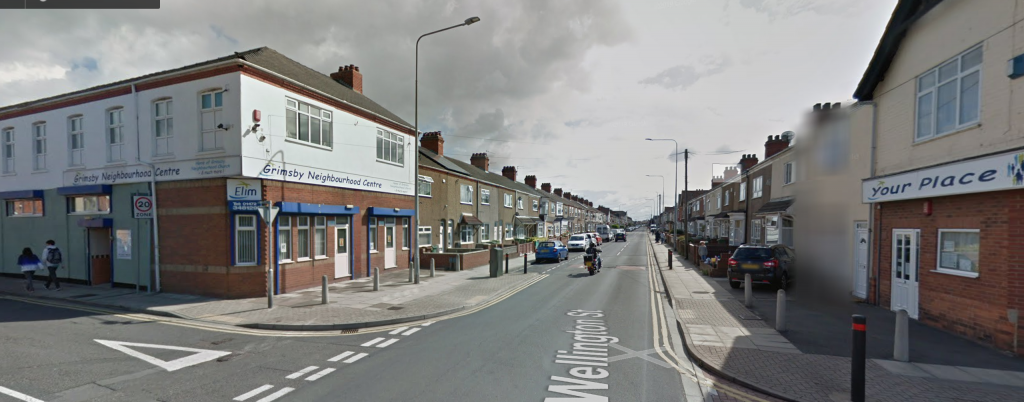
Restoration
A neighbourhood church rooted in place
This is the story of a church with a long term devotion to a place often described as left behind. Grimsby Neighbourhood Church is a growing church with a strong prayer life and vibrant discipleship. As Tom Ketteringham finds out, local people are involved in all its activities. Friendship, training and advice is on offer, along with meeting spaces, a charity shop, playground, a beautiful community garden, and the church has several properties that are rented to people who otherwise would be homeless.
Grimsby, a port town on the Lincolnshire coast, is often pointed to as a place that time has left behind: from the world’s biggest fishing fleet in the 1950s to a town whose ‘fine buildings are crumbling and its streets quiet’. Just like the fish, it would be easy to assume the churches and community they serve have also been gutted. Not quite.
On a terraced street just along from the fish and chip shop, Grimsby Neighbourhood Church does not at first glance appear to be a church. Its signage says “Grimsby Neighbourhood Centre” and its royal blue shutters give little clue of the energy within. Part of the national Elim network, it is devoted to being a good neighbour, and it is embedded in, and committed to, the place for the long term. As one resident described it: ‘this place is a ‘must’ for this community – there is nowhere else like it’.
Its roots lie in Grimsby’s Pentecostal community, established in 1922 by George Jeffreys. The church has served the town from a variety of locations since, including people’s homes and from an ice rink. As the region’s economic position declined, the social and civic life of the town suffered too. But the church evolved to serve the community in new ways. In our own time, their journey of creative evolution can be instructive for other churches struggling to adapt to the new realities.
In 1998, its buildings were sold and the church eventually moved to a small property on the corner of a terraced street. Once renovated, the new centre was given the name “Your Place” – putting the interests of the community at the heart of the church’s mission. In its new surroundings, it thrived, with many local people finding help and friendship in a range of activities.
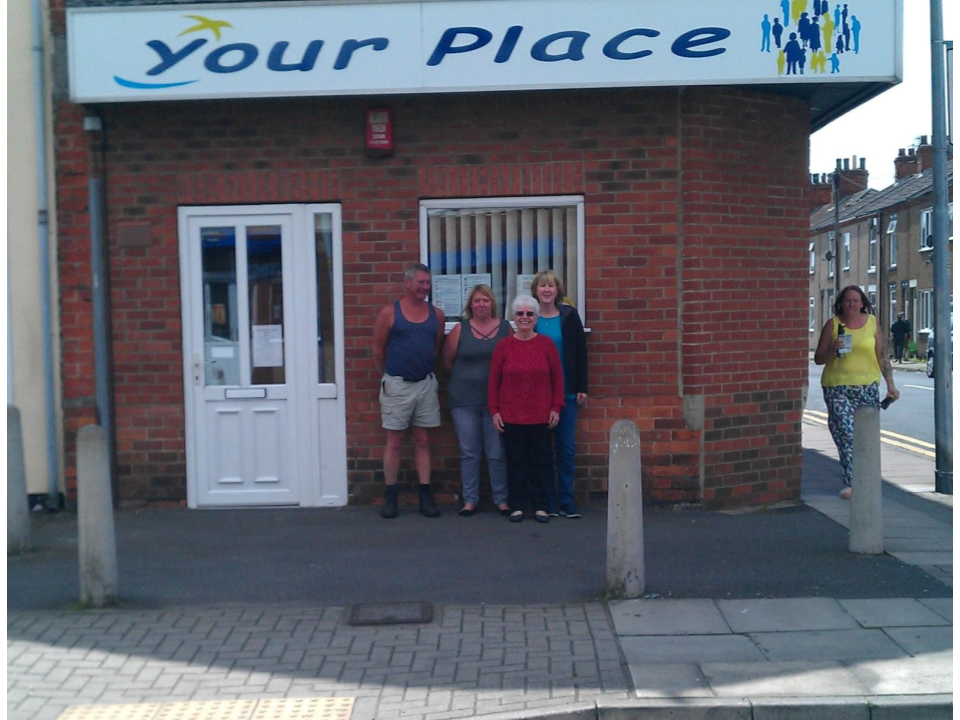
Stewardship of place has been driven largely by the local people and community having a strong voice and a hand in shaping the church’s emerging contribution locally. Some adjacent derelict land was purchased and has been restored by local residents into landscaped gardens, with a polytunnel and a small pond, sensory garden and children’s playground.
In due course the church purchased an ex-social club, a larger building opposite Your Place. Once renovated and refurbished, it was named Grimsby Neighbourhood Centre. Worship was now held in the bigger space, and the list of activities grew, to include training sessions, learning opportunities, meeting, conference and community facilities, along with bible study evenings and ladies nights.
The life of the church is enabled by a small team led by Pastor Sue Boyle, supported by local people volunteering in various roles – gardening, running activities, outreach at a nearby care home. The Centre also offers vital services, including essential IT skills and support for claiming benefits to anyone who needs them, regardless of their faith or background. The Centre is well used and very well spoken of.
Over time the church took on the rental of a shop just across the road, selling quality goods to raise money to support people they work with overseas in Kenya and Rwanda. Called “Good Buys”, the shop is also staffed by volunteers. The congregation have been astonished at how their ministry has evolved and borne such fruit in the neighbourhood. In the last few years, four houses and a flat have been purchased and renovated, and rented out, through CARE, to people who otherwise would be homeless.
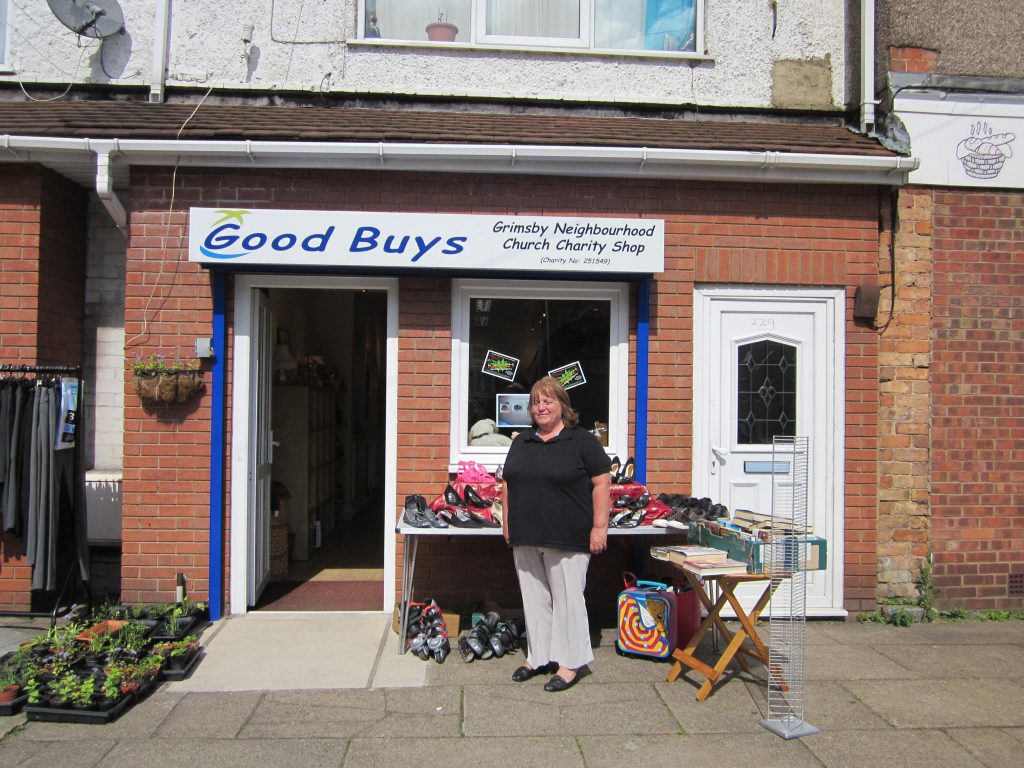
Those who use it value it immensely, describing it as an ‘oasis’, and say ’however you feel on a particular day, it is a good place to be’. The life of the Centre has restored power and responsibility back in the hands of local people to be leaders in the place where they live. Involvement in the Church and the Centre is based on local relationships of trust, sharing unhurried time and recognition of people’s skills. A covenantal culture devoted to the long term wellbeing of the area, as distinct from the approach so often found in ‘community’ centres, where on a contractual basis ‘services’ are ‘provided’ and staffed by professionals, often from outside the area.
Situated in one of the most deprived locations in the country, this is a church dedicated to acting as a good neighbour, adding to the local economy, creating jobs and enabling the flourishing of the neighbourhood and the people in it. Intrinsically local, it is literally rooted in residential streets, living daily life in relationship with its neighbours.
Grimsby’s troubles are numerous and well documented, but are also reflective of the experience of coastal communities up and down Britain. The pubs and cafes are gone; regeneration efforts come and go. Sources of social life, vitality and hope can be few and far between. Some have compared its underlying issues to those that existed on Merseyside in the 1980s: a skills gap, an investment gap, huge social problems and an inability for either government or the private sector to overcome them.
As our letter Renewing the Covenant discussed, this massive challenge of being ‘left behind’ is by no means limited to Grimsby. It is an inevitable consequence of the economies that embraced globalisation, in whose wake we see abandoned towns suffering ‘an evisceration of civic life, the thinning out of local forms of a common life that would enable communities to work out their challenges with one another, and social isolation, even between people who live in the same neighbourhood.’
This state of affairs long pre-dates Covid-19, and is now accelerated by the economic fallout of the pandemic. Communities are suffering but this crisis also has serious implications for churches. Facing imminent financial challenges and rapid decline, churches are having to radically reassess mission: in the new era it cannot be as it was before.
The story of Grimsby Neighbourhood Church can be instructive. In several key ways, its commitment to its community has been covenantal. Its development has been incremental, its finances are sustainable. It is embedded for the long haul, it has raised up local leaders, it is living out good stewardship and it has sustained and grown a significant civic institution. In its own way it is living out the radical renewal that God has called us to. Other churches could fulfil their sacred civic role, and in doing so, contribute to national renewal.
This will look different according to each place and neighbourhood: each church congregation can discern their unique ‘civic vocation’ in their particular area, and do so by patient long term listening. Each can identify how to build covenantal relationships locally with their neighbours and other social institutions to renew civic life in their area. As Sue and her team say:
“What we have seen in the natural we want to see in the spiritual. Restoration is our heart… restoration of property and land… and restoration of people’s lives. We believe in the power of God to restore and transform our lives.”
From small beginnings the church has added value to local lives, built community ties and brought people together in a shared sense of belonging as good stewards of their local space. Kay, said,
‘it has made a big impact on mine and others lives… I don’t go out much – only to family’s houses, so coming here is like a breath of fresh air’.
Ultimately though, the motivation, a Christ-led flourishing of people and places, will always be the same. It must be driven by, as our letter put it, ‘our bond with Christ’, through practices that ‘make us available and vulnerable through relational engagement’ and in a way that builds ‘a common good between different interests’. This is the challenge we all face in the months and years to come: to restore our communities, our places and our churches’ roles within them. A small church in an old fishing port offers us a taste of what the prize could be.
These are the core values of Grimsby Neighbourhood Church:
That Jesus be the centre of all we are and all we do. That under His Lordship we develop as a vibrant growing Church where people who gather have a love for God and a love for people. To be a people who are loving accepting and forgiving who carry a heart for our town our nation and our world. To be a people who pray fervently laugh joyously, feel compassionately worship enthusiastically, give generously, go unswervingly, serve unselfishly and live rightly.
Tom Ketteringham
With sincere thanks to Grimsby Neighbourhood Church
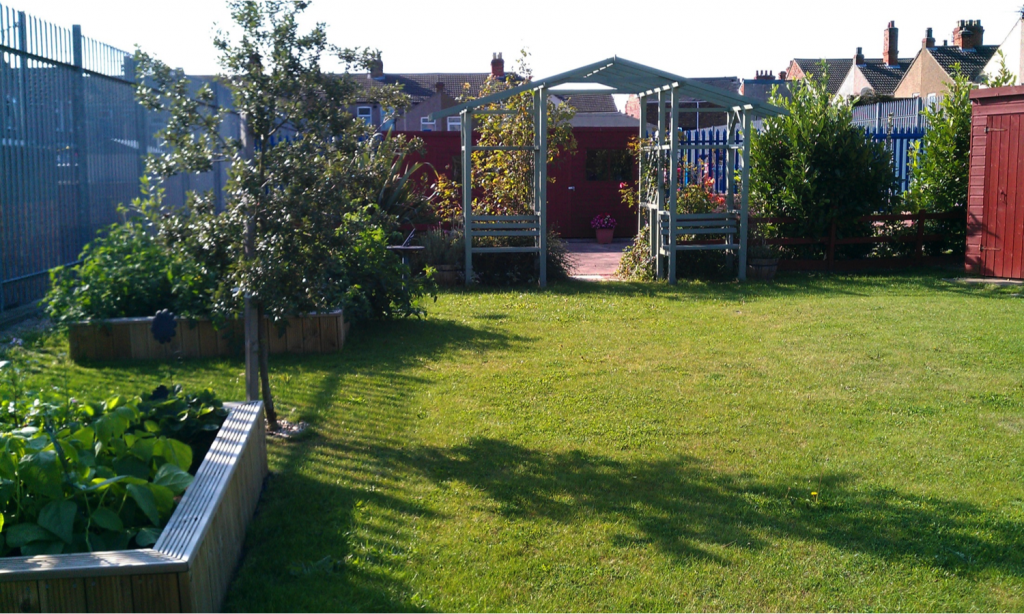
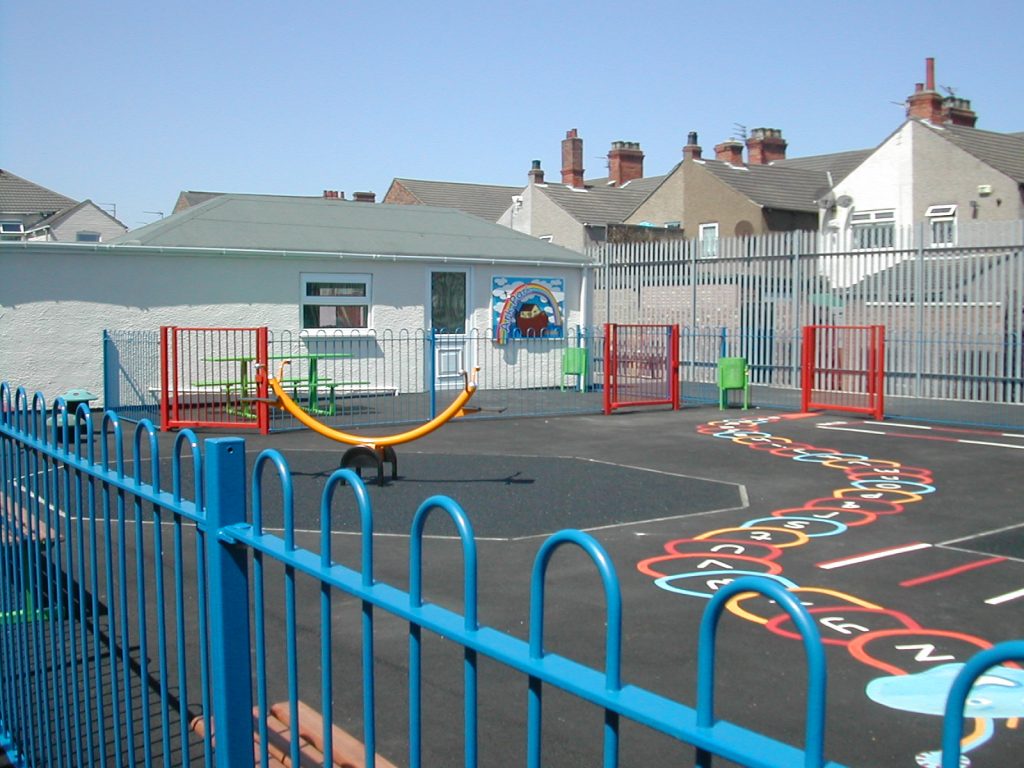
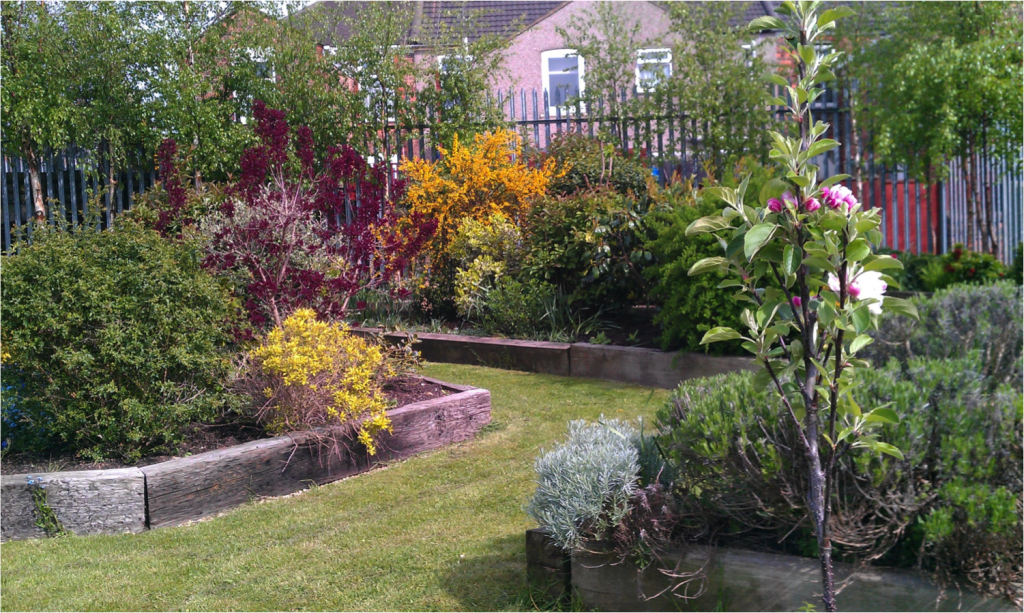
This article was featured in the Lent 2021 edition of the T4CG Newsletter.
